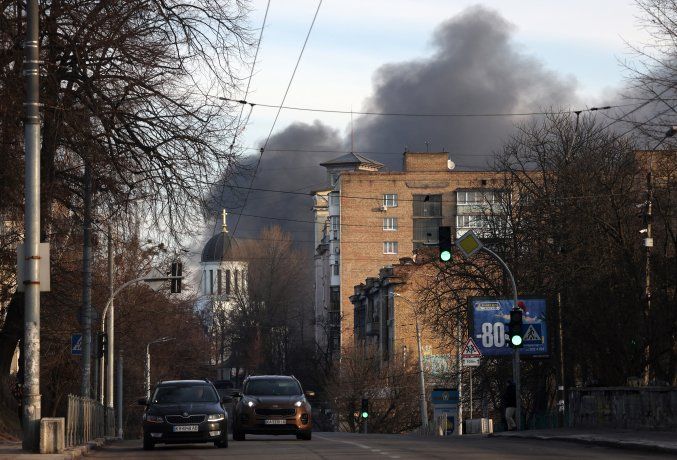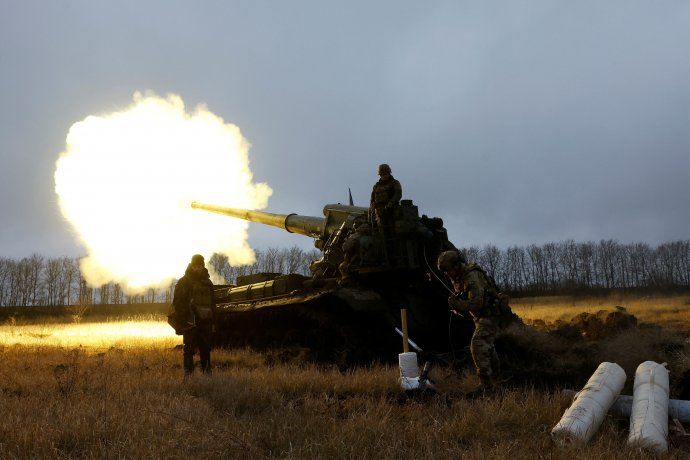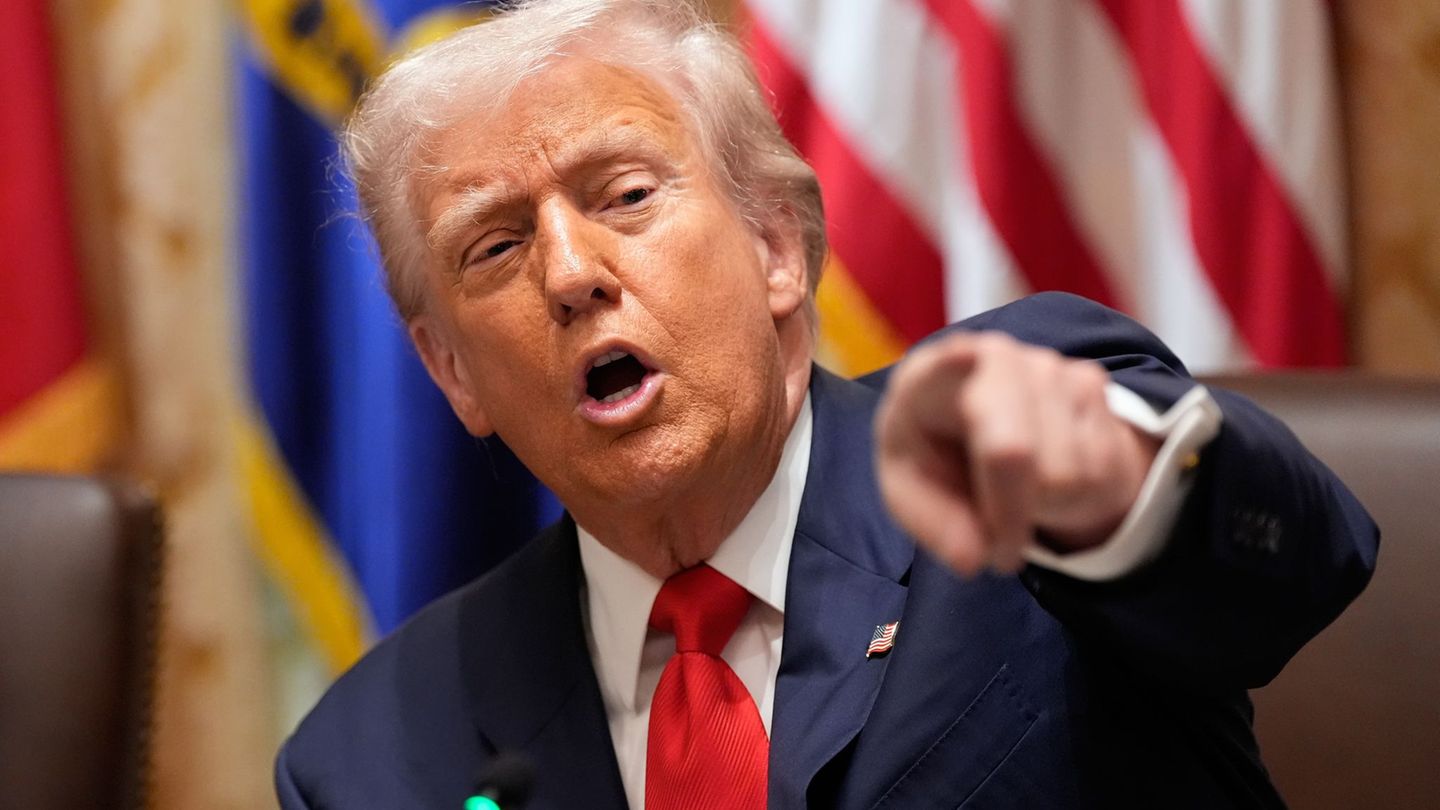The checkered history of “The Master and Margaret” It is one of the most unique in modern literature. Bugalkov destroyed the first version and rewrote it from scratch: this new version, due to its clear anti-Stalinism, was never published in his lifetime; It only appeared, censored (about 60 pages less), in the magazine “Moscú” in 1960, and was sold out in hours. The deleted pages began to circulate clandestinely.
Esteban Speyer Silva, a specialist in Russian language and literature in our country, responded to this newspaper’s query: “‘The Master and Margarita’ was the best-selling classic novel in 2023 in Russia, followed by ‘Crime and Punishment’; It is a work of worship. Tourists can take a ‘Master and Margaret’ tour of Moscow in the style of what is done in Dublin with the ‘Ulysses’ trail. This is due, in part, to its history of burning and rewriting, of censorship and clandestine editing, of reconstructing the final version, and in part to the multiple readings it allows: satirical description of the Soviet world, defense of religion, reflection on literature, fantasy (magical realism forward the letter), exaltation of love and eroticism. The story is very much of the time, like ‘Doctor Zhivago’ or ‘Life and Destiny’. With perestroika, and with the full version, it sold out; everyone was dying to read it.”
Cinema and scandal
Which no one could foresee in the Moscow of 2020, when plans began to once again bring the novel to the cinema, It was the colossal scandal that its premiere would cause, four years later. As Russian film producer Ivan Filippov told the BBC, “When the creators of ‘The Master and Margarita’ started working on the project, Russia was interested in international cooperation.”
“The entire industry was ready to integrate and there were opportunities to do so,” Filippov continues. “There was talk of Netflix and other platforms and joint productionRussian television series appeared that were bought by foreign partners and platforms. ‘The Master and Margarita’ began precisely as an international project, focused on international distribution, and with a budget in line with sales to international platforms. It was such an important project that, in fact, He was a victim of war. Before the war with Ukraine, entering the international market was a crucial issue for people in the Russian film industry.. This whole story of Russian films and series beginning to overcome borders with more success than before was very important. But the war buried her.”
Produced by Amedia, Kinoprime and Mars Media Entertainment, the film was directed by Michael Lockshin, an American who spent his childhood in the Soviet Union and who openly declared himself opposed to the war with Ukraine; event after, as was said, the making of the film, which he had (by Russian standards) a colossal budget of 17 million dollars, in which state funds were largely involved.
Lockshin, a filmmaker with a limited filmography, had made “Silver Skates,” Netflix’s first original Russian-language film. The project for “The Master and Margarita” was not his original project, but there were other directors summoned, who ended up not accepting. Finally, German August Diehl (“Inglourious Basterds”, by Tarantino) was called for the role of Woland, the Devil whose arrival in Moscow sets the plot in motion. Russian stars Yevgeny Tsyganov and Yuliya Snigir were chosen for the central roles.
As Variety notes, “the film was shot over four months in 2021, after which Lockshin returned to Los Angeles to edit the material. Universal Pictures had planned to release the film in 2023. However, Those plans were cut short by Russia’s invasion of Ukraine in February 2022, which led Universal and other Hollywood studios to withdraw from the Russian market.. Finally, Russia’s Atmosphere Kino and Mars Media, and former Universal executives Vadim Ivanov and Nikolai Borunkov, released the film at the end of last January, and it was a boom. In its first week it raised 4.8 million dollars but unleashed a political war of such intensity that there are those who are calling not only to ban it, but also to put Lockshin on trial.
ukraine russia
REUTERS
Background and splinters
It is not the first time that Bugalkov’s novel has been made into a film. In 1972, director Aleksandar Petrovic (the same one of “I Found Happy Gypsies”, winner of the Oscar and Cannes and considered a masterpiece by Claude Lelouch) made a quite bizarre Italo-Yugoslavian version, not to mention bad. The Maestro was Ugo Tognazzi; Margaret, Mimsy Farmer, and the Devil was none other than Alain Cuny, the protagonist of the French classic “The Night Visitors”.
In our dialogue with Speyer Silva, the specialist completes: “In addition to that version, there were other theatrical versions, musicals, and even a film in preparation in the US. The most celebrated version is a little over ten years old, it is a miniseries with a large Russian production in several chapters, I saw it several times. It is spectacular, faithful to the novel. But, in any case, the myth arose of the curse of the literary work towards any attempt at a film version. And there were critics who celebrated that, with the new adaptation, that curse had been broken with a success.”
“Bulgakov was brought to film and TV very successfully,” he continues. ‘Heart of a Dog’ and ‘Morfina’ are two examples, in addition to ‘The White Guard’. ‘Morphine’ was directed by Balavanof, the Russian Tarantino. This version of ‘The Master and Margarita’ has many particularities: extreme freedom, with the creation of scenes that combine different parts, alterations and personal inventions: these are two parallel stories (or more). As in a game of matryoshkas, the Master is a writer admitted to a psychiatric clinic who writes a novel about Jesus and Pilate. In this version, the teacher is Bulgakov himself, who wrote a play called ‘Pilate’ and which is censored before its official premiere, in the midst of Stalinism.”
“The most famous part of the novel,” Speyer Silva continues, “when Woland, the devil, tells him that he couldn’t have burned Pilate’s novel because ‘manuscripts don’t burn,’ It is reformulated in a brilliant way: the writer is detained in Liubyanka (headquarters of the NKDV, People’s Commissariat for Internal Affairs of the Soviet Union) and Christ is crucified in the central courtyard. There is also a reconstruction of a trial like those of the purges when the work was banned. There is also a Gotham or Blade Runner style background, or Metropolis, where Moscow is rebuilt by Stalin only to burn at the end. All these elements give rise to accusations of anti-Russian, anti-Soviet (to be very anti-Soviet today is to be anti-Russian), attacking its icons”.
ukraine 2.jpg

Courtesy of Télam.
Anna Mongayt, presenter of the Russian opposition network TV Rain, which had to leave Russia after being closed by the authorities in 2022, told Variety: “Within two years, everyone who disagreed with the war and was willing to talk about it out loud was erased from the culture. No fame can save you here.”. They put you on the blacklist and you lose your job. Professional informants write denunciations about you: volunteers of the special services, war correspondents and public patriotic organizations. Criminal cases are opened under the fake news article about the armed forces. Movies are reissued, names are erased from posters.”
The biggest battle took place on social networks, especially Telegram, where the so-called “Z Bloggers” (known as ‘Putin’s Influencers’) began to beat the patch even before the film’s premiere.. In a BBC article, it is said that “the first posts were published on small audience channels that set the cultural agenda. “It hurts a little to read that the next film ‘The Master and Margarita’ is ours,” wrote one of those bloggers.”
The discontent was fueled by the cast, as the protagonists Tsyganov and Snigir condemned the war in Ukraine. He was also outraged by the presence of foreigners and that the role of Jesus was played by a British-Israeli of Russian origin, Aaron Vodovoz. Not to mention the fury that aroused that almost half of the film’s budget, about 7.5 million dollars, came from Russian public funds.
“The director of the film is a fervent Russophobe and trans-Ukrainian named Mikhail Lokshin, who has no qualms about playing both sides: he films for the Russians he hates and sends money to kyiv,” the BBC reproduces a statement from the “El Mundo” channel. . Lokshin, who is said to have participated in a fundraising campaign for Ukrainian directors, has closed his social media accounts.
Blogger Tigran Keosayan went much further and said that donations to Ukrainian directors became “donations to the Ukrainian Armed Forces.”: “If the information is true that Mikhail Lokshin donated to the Armed Forces of Ukraine and acted with positions, we have to seriously sit down and decide something about this whole situation, starting with the producers and ending with the law enforcement agencies.”
Source: Ambito
I am an author and journalist who has worked in the entertainment industry for over a decade. I currently work as a news editor at a major news website, and my focus is on covering the latest trends in entertainment. I also write occasional pieces for other outlets, and have authored two books about the entertainment industry.




